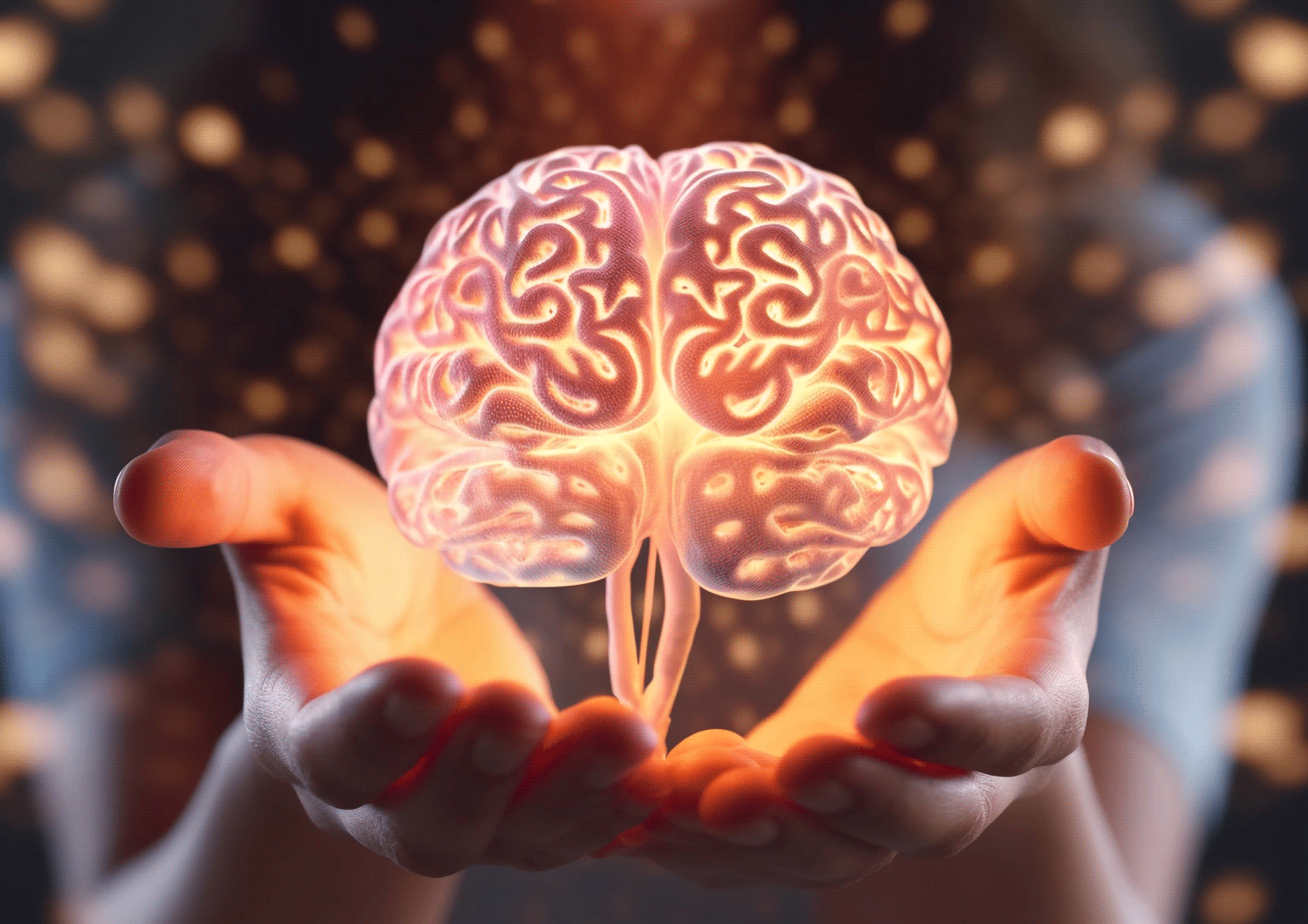
Embodied trauma results from an event/s or set of circumstances that may have been physically or emotionally harmful which may have lasting adverse effects on your mental, physical, social, emotion, or spiritual well-being. Experiences like these aren’t uncommon, they are just often kept close and personal, shared with health professionals or immediate friends or family due to their nature. Traumatic events trigger the body’s ‘fight-or-flight’ nervous system response or a collapse and freeze response. Fight/Flight – Signs and symptoms include: a racing heartbeat, a rise in blood pressure, slowing of the digestive system and an increase in stress hormones such as cortisol and adrenaline. Sometimes this fight/flight/freeze response is unable to switch off automatically after the initial trauma is over and as such, the body continues to react as though it is in danger, causing these physiological reactions to occur constantly.
In Chinese Medicine, the balance of vital energy, or Qi (Chee), is maintained through the interplay of Yin and Yang. When Yin and Yang are in harmony, Qi flows freely, ensuring overall well-being. However, both physical diseases and emotions can disrupt this harmonious flow, leading to psychological distress.
Chinese Medicine and holistic bodyworkers believe that trauma and repressed emotions can cause blockages in your fascia, which are your body’s connective tissues. These blockages are found in the energy pathways (meridians or channels) of the body.
Chinese Medicine has the capacity to bring a patient closer to their full potential with protocols to minimise the trauma response by centering a person’s energy and reducing the intensity of the trauma memory. The stimulation of specific acupuncture points re-establishes harmonious flow and can help alleviate many signs and symptoms associated with emotional distress. For those who have gone through a challenging or traumatic experience, treating the body can be a valuable adjunct to talk therapy, helping to address embodied symptoms related to the trauma reaction.
For the safety and well-being of the patient, it is important to seek a practitioner who is trauma-informed. Trauma-informed practice is strengths-based and is based on five fundamental principles: safety, reliability, autonomy, empowerment, and respect for diversity. A trauma-informed service embraces the view that recovery is possible, they do no harm, meaning they do not re-traumatize victims or place blame on them for trying to control their traumatic reactions. In a world where health is defined as a complete state of physical, mental and social wellbeing, Chinese Medicine provides a more holistic approach.
Holman, C.T. (2018). Treating Emotional Trauma with Chinese Medicine: Integrated Diagnostic and Treatment strategies. Singing Dragon.
Lu, L., Liu, Y., Zhu, W., Shi, J., Liu, Y., Ling, W., & Kosten, T. R. (2009). Traditional Medicine in the Treatment of Drug Addiction. The American Journal of Drug and Alcohol Abuse, 35(1), 1–11. https://doi.org/10.1080/00952990802455469
Maciocia, G. (2009). The psyche in chinese medicine : Treatment of emotional and mental disharmonies with acupuncture and chinese herbs. Elsevier Health Sciences.
